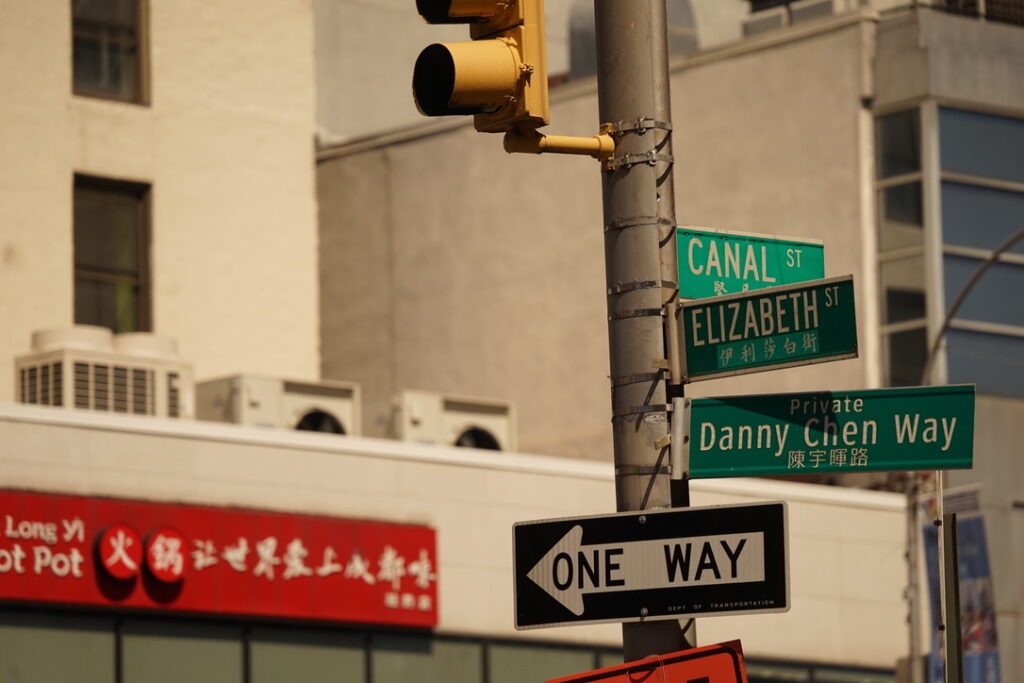While the appellate lawyer can’t always give his clients court victories, there’s one thing he can always give them: books.
On Monday, April 8, a solar eclipse transversed the United States. This astronomical event won’t happen again for another 40 years, and many took the opportunity to travel to locations within the path of totality to experience it at its peak. For inmates at The Woodbourne Correctional Facility in Woodbourne, New York, however, there would be no opportunity to see this once-in-a-lifetime spectacle. Facility officials had ordered a site-wide lockdown to take place during the eclipse.
One of these inmates reached out to Ben Schatz, a Supervising Attorney at the New York Center for Appellate Litigation, for help. Sixteen years ago, Schatz started a program called Books Beyond Bars [BBB], which allowed him and the incarcerated individual to become acquainted. Schatz put the inmates in touch with a law firm he works with, and they successfully fought against the correctional facility for the inmates’ right to view the eclipse.
The day of the eclipse, I spoke with Schatz over the phone to discuss Books Beyond Bars and his dedication to improving the lives of inmates in New York prisons and jails.
Are you a big reader?
[Laughs]. No, not really. Honestly, if I’m reading, it’s because I’m working. And then if I’m not working, I do pottery—it’s a hands-on thing that doesn’t require intense use of my brain at all times. I think I’m well-read, I’m just not a huge reader.
When did you first get the idea to start Books Beyond Bars?
I started Beyond Bars in 2016 with a colleague of mine, shortly after I joined the Center for Appellate Litigation. All of our clients are, for the most part, incarcerated and sentenced to very long prison sentences, and we are handling their appeals from their convictions.
We wanted to give our clients something to show them that we were committed to their case—and that although the process would be challenging, that it would take a long time and that, frankly, we were unlikely to prevail—that we were there for them and saw them as people and not cases.
So, we started to send our clients books after work. And we would just package them up in our office and we started to get people to donate their old books and it grew from there.
How do your clients find you?
It’s almost purely word of mouth. We have a tremendous amount of access by virtue of the fact that our client population at the Center for Appellate Litigation is incarcerated, and those folks ask for books, and we send them books. We’ve also reached out to other public defender’s offices in the city, and they do the same thing. It’s generally known by now in every prison that we are available, and I think that’s a really great thing.
How has the organization grown or changed since you started it?
I started it, and then a bunch of other people came along and really built it and made it what it is now. I have a day job as a lawyer, and it very quickly became too much for me or my colleague—who I started it with—to handle. And so we started to get volunteers, and then we had some interns who came in and grew it further. And then, from there, we had AmeriCorps service members work on the program, and they built it up even more.
Now my colleague, Alexandra Shoneborne, really runs the show. She manages a rotating crew of a dozen or more volunteers who come in and package the books and process the letters and do all that stuff. It’s almost unrecognizable, in a sense that, you know, we have a rather complex system for tracking books and letters and mailings. But also, at its core, it’s the exact same thing: We’re just asking people what books they want to read, and then sending those books.
What is the most commonly requested genre?
It’s not one genre—participants in the Books Beyond Bars program, their interests are as diverse as the rest of the population. The fact that they’re incarcerated doesn’t incline them to one particular genre or another. Some clients have specific requests, like, they need study guides for a particular line of work that they’re going into and the next step in their journey is something specific in print that they can’t get.
Is there a particular special moment, or something that touched you, since you started doing this?
The thing that’s really touching—in a way that’s at once quite inspiring, but also quite heartbreaking—is the letters that we get in thanks for the books we send. It’s just unbelievable to get a letter from someone saying, you know, ‘This program is the only light I have in a dark place.’ I’m just so sad that this is where our world is, that something as seemingly as insignificant as sending a book in the mail can provoke that kind of response.
And then what do you foresee for the future of BBB?
I just want the mission to stay as simple as it is: I want people to get books that they want or that they need to advance their goals. I don’t want to become some giant prison literacy advocacy organization. That is all important stuff—but that’s some other organization. This is like, let’s just keep sending books into prisons until there’s so many books that the experience of incarceration itself is different.
Incarceration is a problem that is way far beyond anything Books Beyond Bars can do—it’s a terrible system that we have. If this work can be that little light in the dark place for someone, then that’s good enough for me.



